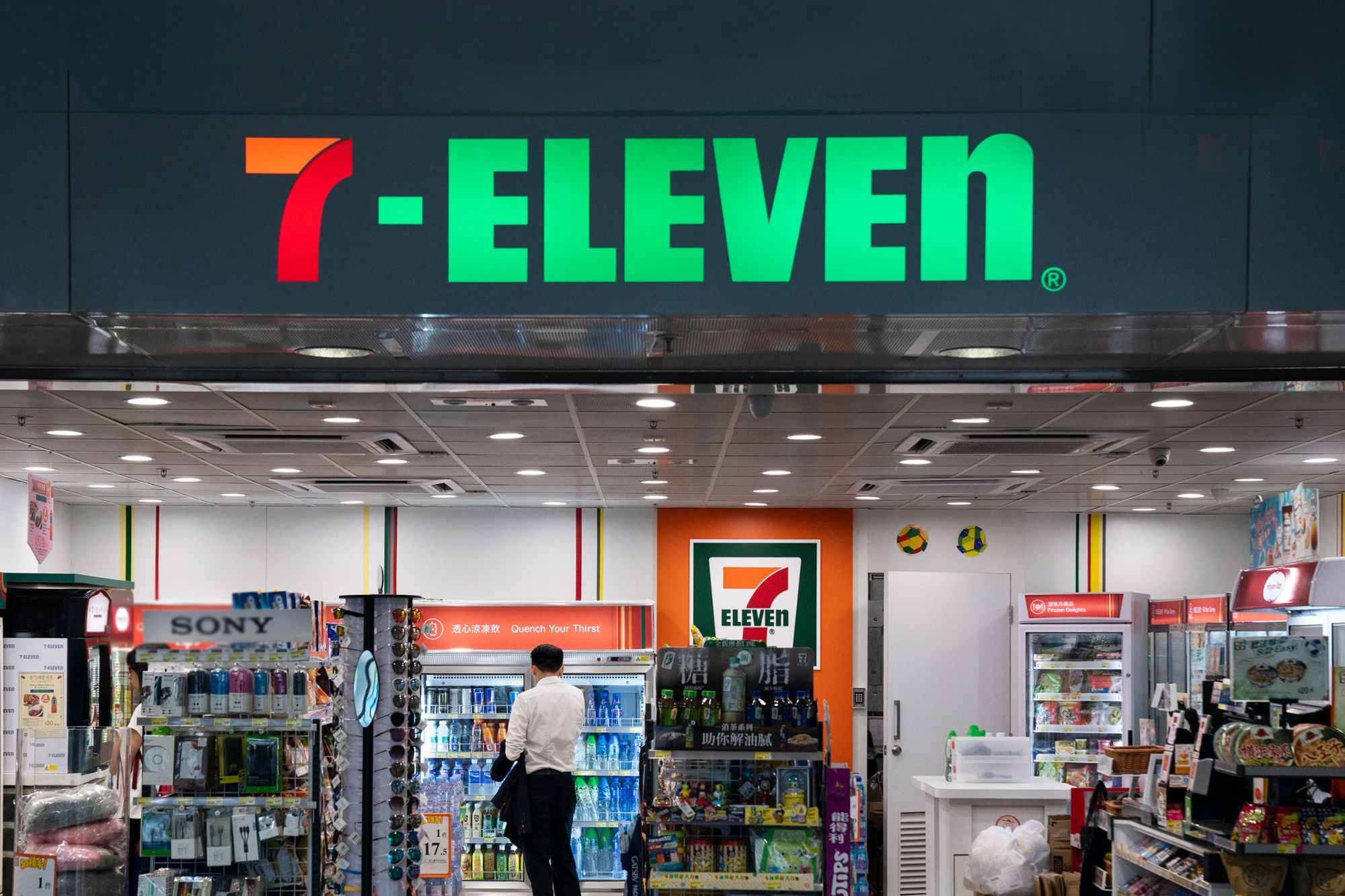Why 7-Eleven Franchisees May Have to Pay Another $50,000 and Work on Christmas Would you pay $50,000 to maintain profit rates? That's the conundrum for 7-Eleven franchisees.

7-Eleven is a staple of the Entrepreneur Franchise 500. In 2017, 7-Eleven was ranked as our top franchise, and this year it's No. 2. However, according to an article by The New York Times, the tension between the company and its franchisees has been growing for years.
Franchisees cite several reasons for that tension, including requirements that force franchisees to carry 7-Eleven-branded items -- which tend to carry higher margins, but often underperform compared to name-brand competitors -- and an evolving revenue-sharing model.
"It's no longer, "You make a dollar, we make a dollar,'" Michael Jorgensen, the owner of three stores in Florida, told The Times.
7-Eleven has offered its franchisees the chance to lock in current profit-sharing rates, with a couple of catches:
- Franchisees must agree to keep the store open on Christmas. According to The Times piece, only 1.7 percent of franchises close for Christmas, and it's one of the company's best-performing days of the year.
- Franchisees must pay a $50,000 franchise renewal fee. That number can, in some cases, be more than the total investment for a 7-Eleven, which ranges from $37,550 to $1,149,900. According to The Times, regulatory filings show that for the 65 stores in the Northern Chicago region, average revenue was between $971,000 and $1.8 million last year; gross profits were between $353,000 and $655,000. However, those numbers can vary depending on store, location and more.
What would you do in this situation? Would you be willing to pay $50,000 to maintain profit-sharing rates or not?
Related: 24 Top-Ranked, Affordable Franchises You Can Buy for $25,000 or Less
7-Eleven franchise information
- CEO: Joseph DePinto
- Business headquarters: Dallas
- Franchising since: 1964
- Initial investment: $37,550 to $1,149,900
- Initial franchise fee: $10,000 to $1,000,000
- New units in 2017: 3,336 units (5.7 percent)
- Training: 240 hours on the job, 24 hours in the classroom
- Marketing support: Co-op advertising, ad templates, national media, regional advertising, social media, SEO, website development, email marketing, loyalty program/app











